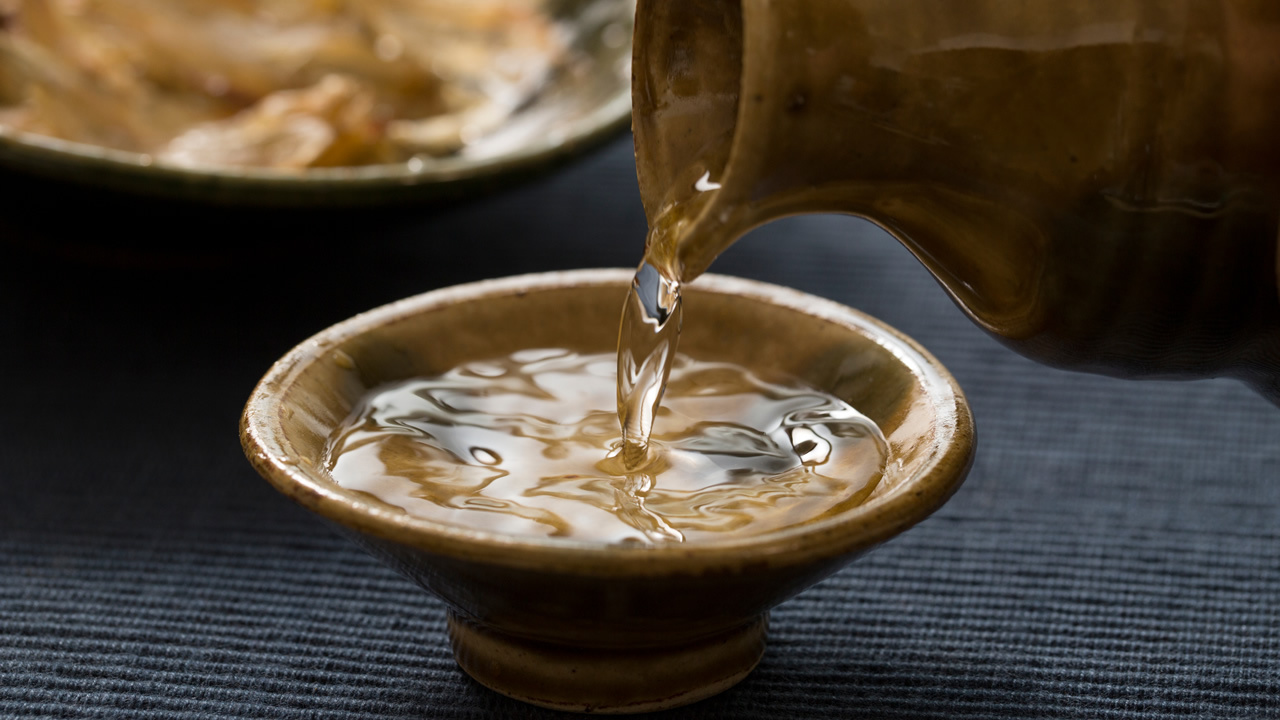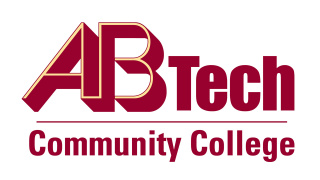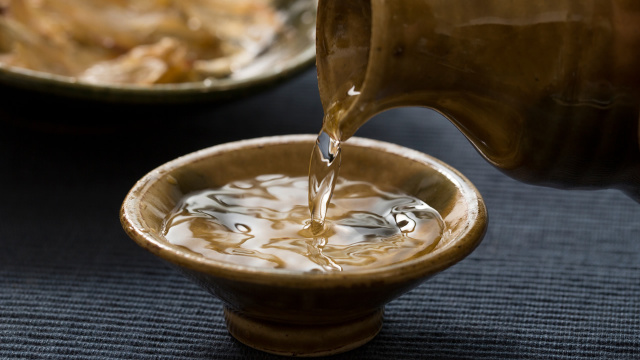Learn the skills to become a taste tester and enjoy exotic fermented food and beverages from around the world. We will take a tour of the globe by tasting indigenous fermented food and drinks like wine, sake, kvass, tepache, miso, kimchi, sausage and crème fraiche. While learning about their origins and going on a palatial journey, discover the science behind sensory analysis. Using the tools of industry, students will increase their sensory vocabulary; rediscover smell, sight, taste, and mouthfeel, and learn about preference testing, time intensity tests and more.
- Food and Beverage Industry
- Those interested in other cultures, foods, beverages, probiotics, and sensory analysis.
Learn how to evaluate smell, sight, mouthfeel, and taste of a product.
Students will receive a tasting wheel and be asked to use it to describe wine and sake.
Time intensity test with crème fraiche.
Students will draw a curve of how the intensity of flavor changes as they consume crème fraiche and tepache.
Preference testing
Students will do preference testing with sausages and kimchi.
- Introduce participants to fermented beverages and foods from around the world via taste and a short history lesson.
- Teach students methods behind taste testing.
- Discuss the science of sensory analysis, the information gleaned about quality and preference, and how it applies to industry.
- Briefly discuss how the results can be used in statistical analysis for marketing and product development.
Outcomes
- Students will be given a tasting wheel so that they can begin to build a vocabulary around sensory analysis.
- They will be participating in standard sensory analysis tests and analyze how they might be useful to industry and at home.
- By engaging in this taste testing, participants will learn to embrace new fermented foods and appreciate the nuances of different global and microbiological cultures.
Delivered in-person in a classroom or lab setting.
Learn the skills to become a taste tester and enjoy exotic fermented food and beverages from around the world. We will take a tour of the globe by tasting indigenous fermented food and drinks like wine, sake, kvass, tepache, miso, kimchi, sausage and crème fraiche. While learning about their origins and going on a palatial journey, discover the science behind sensory analysis. Using the tools of industry, students will increase their sensory vocabulary; rediscover smell, sight, taste, and mouthfeel, and learn about preference testing, time intensity tests and more.
- Food and Beverage Industry
- Those interested in other cultures, foods, beverages, probiotics, and sensory analysis.
Learn how to evaluate smell, sight, mouthfeel, and taste of a product.
Students will receive a tasting wheel and be asked to use it to describe wine and sake.
Time intensity test with crème fraiche.
Students will draw a curve of how the intensity of flavor changes as they consume crème fraiche and tepache.
Preference testing
Students will do preference testing with sausages and kimchi.
- Introduce participants to fermented beverages and foods from around the world via taste and a short history lesson.
- Teach students methods behind taste testing.
- Discuss the science of sensory analysis, the information gleaned about quality and preference, and how it applies to industry.
- Briefly discuss how the results can be used in statistical analysis for marketing and product development.
Outcomes
- Students will be given a tasting wheel so that they can begin to build a vocabulary around sensory analysis.
- They will be participating in standard sensory analysis tests and analyze how they might be useful to industry and at home.
- By engaging in this taste testing, participants will learn to embrace new fermented foods and appreciate the nuances of different global and microbiological cultures.


